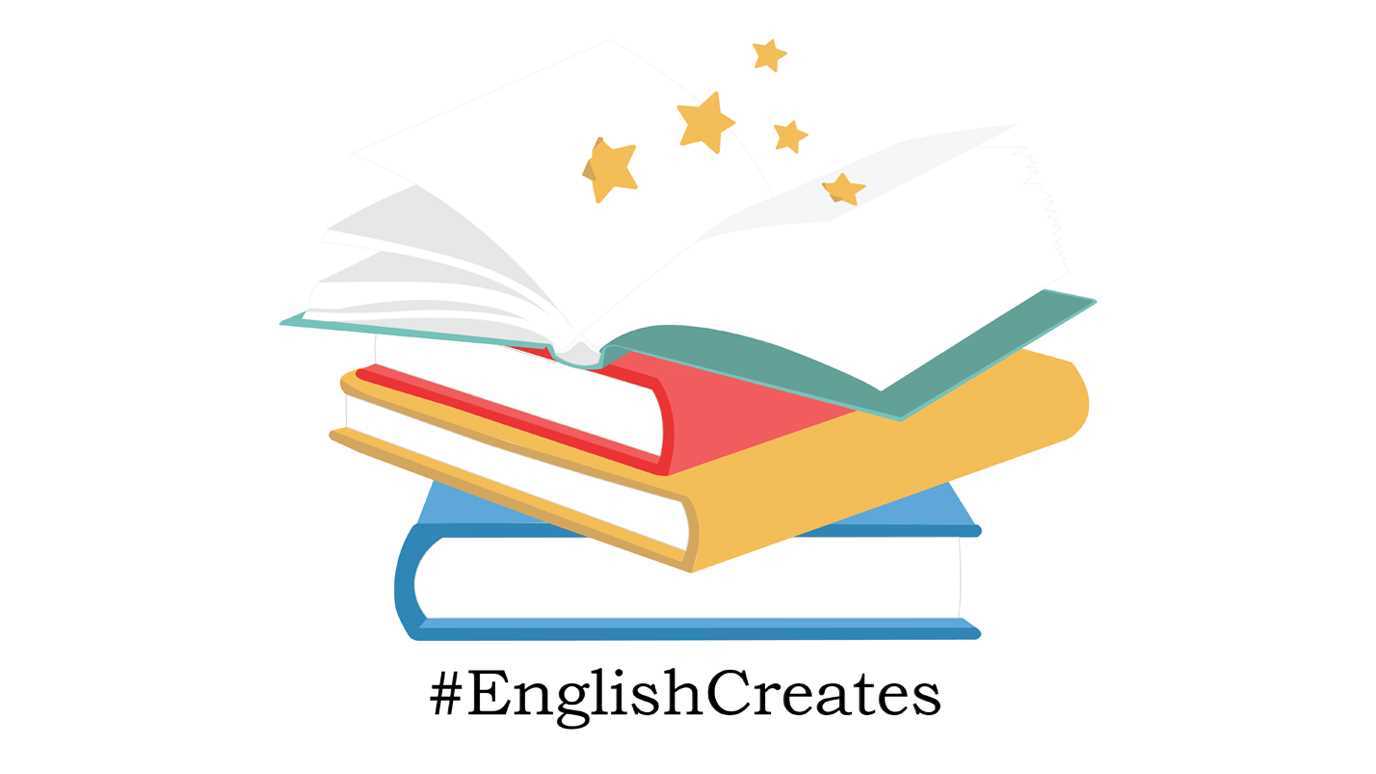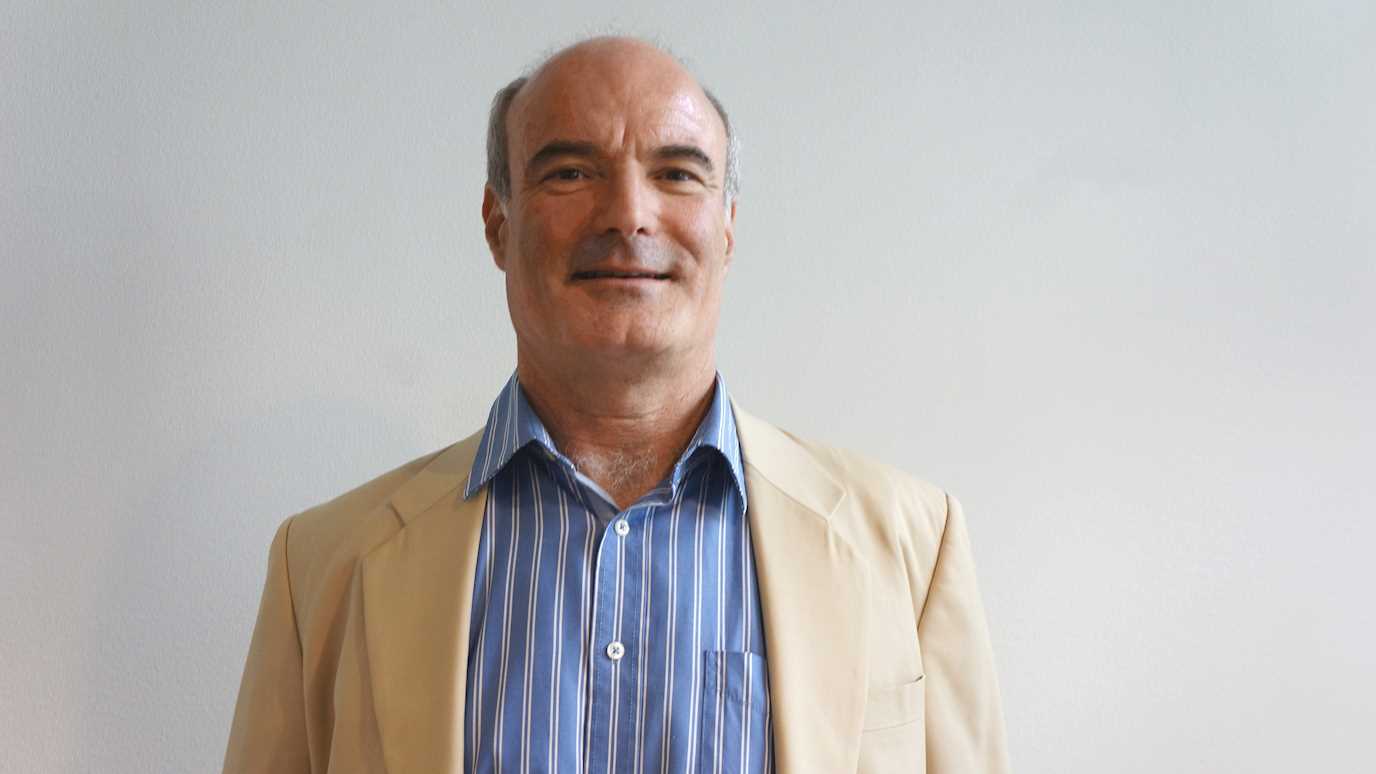New research by academics at Royal Holloway has identified how two compounds derived from cannabis, cannabidiol (CBD) and cannabigerol (CBG), could function at a cellular level to reduce disease-associated changes in a range of conditions including multiple sclerosis (MS) and psychosis.
Several studies have previously shown that the activity of an important enzyme called ‘mTORC1’ is different in cells from healthy individuals compared to cells from people with specific conditions or in pre-clinical disease models, including multiple sclerosis (MS) and psychosis. This has proposed the idea that reversing these changes in mTORC1 activity may lead to improved patient outcomes. How CBD functions in this effects remains unclear, and CBG had not been identified to show this effect.
Professor Robin SB Williams and Dr Joseph Damstra Oddy, both from the Department of Biological Sciences at Royal Holloway, have discovered how highly purified CBD and CBG reduces disease-associated changes in mTORC1 activity.
The research team used an innovative approach to investigate the mechanism of CBD and CBG using a single-celled organism, the social amoeba Dictyostelium, which shared a common ancestor with humans around a billion years ago. The study shows that both CBD and CBG can increase or decrease mTORC1 activity in cells dependent upon the activation state of the pathway regulating the enzyme. These compounds also function in this way in human cells, where treatment of cells derived from healthy individuals with both CBD and CBG increase mTORC1 activity, but decrease activity in cells derived from people with MS (where mTORC1 activity is elevated).
This research has identified how CBD and CBG functions to reverse the pathological changes found in cells of people with MS.
Professor Robin Williams, from Royal Holloway, said: “These findings suggest an exciting new role of CBD in the potential treatment of people with multiple sclerosis and psychosis, thus providing a new avenue to investigate the treatment of these patients.
“In addition, our studies highlight the potential medicinal benefit of a relatively unexplored cannabis-derived compound, CBG, providing a critically important step forward to support its further investigation as a potential treatment for multiple disorders”.
“We are hopeful that, using our innovate approach to this research, we have been able to propose that CBD may function in the treatment of patients with multiple sclerosis and other diseases associated with altered mTORC1 activity, and now add CBG to this potential role, and further research including clinical trials are warranted to investigate the use of these compounds.”
























